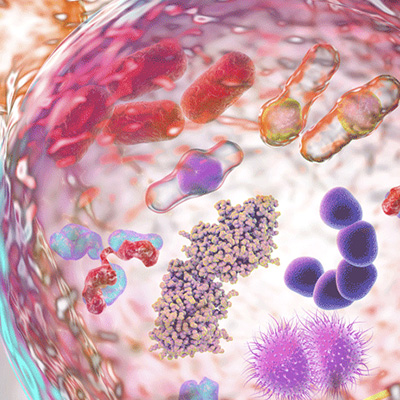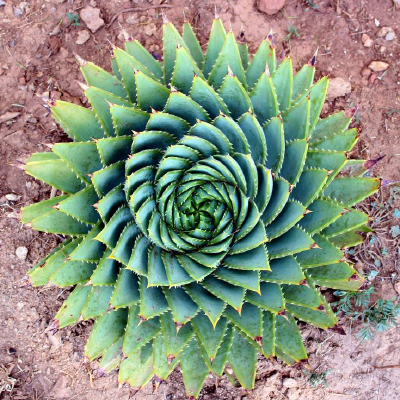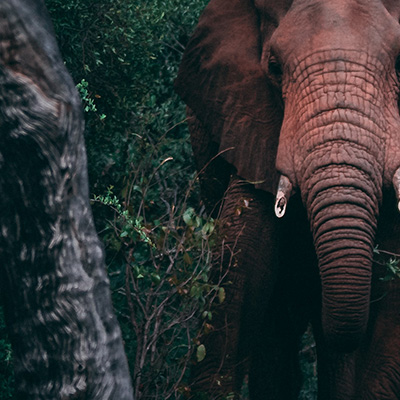
The Biological Sciences Programme
Biology is the scientific study of all living organisms, both great and small. This very broad field encompasses a broad range of themes that together tell the story of how life began, how it works and how it is changing. All living organisms are made up of cells that incorporate DNA that transmit hereditary information to future generations and that code for proteins and enzymes with various functions in the cells. Cells are further arranged in tissues, organs and organ systems which interact to form a living, breathing organism. These organisms further form populations of biodiverse life which function in various ecosystems. Biology offers a window into these various aspects of life and this forms the basis of the courses offered by the Biological Sciences Programme at Wits.
Students wanting to major in or pursue courses offered by the Biological Sciences Programme would need to apply for a BSc Biological Sciences degree. Courses offered in the Biological Sciences Programme are NOT offered to students who have applied for a BSc General degree.
Courses offered in the Biological Sciences Programme
The Biological Sciences Programme offers two main first year courses, which are taught by experts in their field from the School of Animal, Plant and Environmental Sciences and the School of Molecular and Cell Biology.




